Kazakhstan
Our weekly visit to a brothel to bring hope and compassion to the women working there. Our visit was marked by both tragedy and moments of connection, highlighting the harsh realities faced by these women and their resilience amid unimaginable circumstances.
During our visit, we learned that one of the women had been murdered by a client. This woman, a foreign national, had been trafficked into the brothel when she was just 14 years old. At the time of her death, she was 22. A week prior, she had shared her dream of finishing school and moving to America.
This loss weighed heavily on the women and the atmosphere within the brothel. That week we spent quite a significant of our usual visits. The administrator (pimp) allowed this extra time, recognising the women’s need for comfort and support after the recent tragedy. Interestingly, she also played a protective role, ensuring our team’s safety and instructing clients to wait while we spent time with the women, pray with them, and listen to their stories. This unusual dynamic revealed the complexity of her role within the system.
Another woman, Ai, opened about the isolation the women experience. She explained that while they work together, they know little about one another and each other’s families. This lack of connection further underscores the challenges they face, not just physically but emotionally and relationally as well.
This visit highlighted the harsh realities of human trafficking, exploitation, and the loss of dreams and dignity that many of these women endure. However, it also demonstrated the power of presence, prayer, and listening in providing moments of comfort and hope.
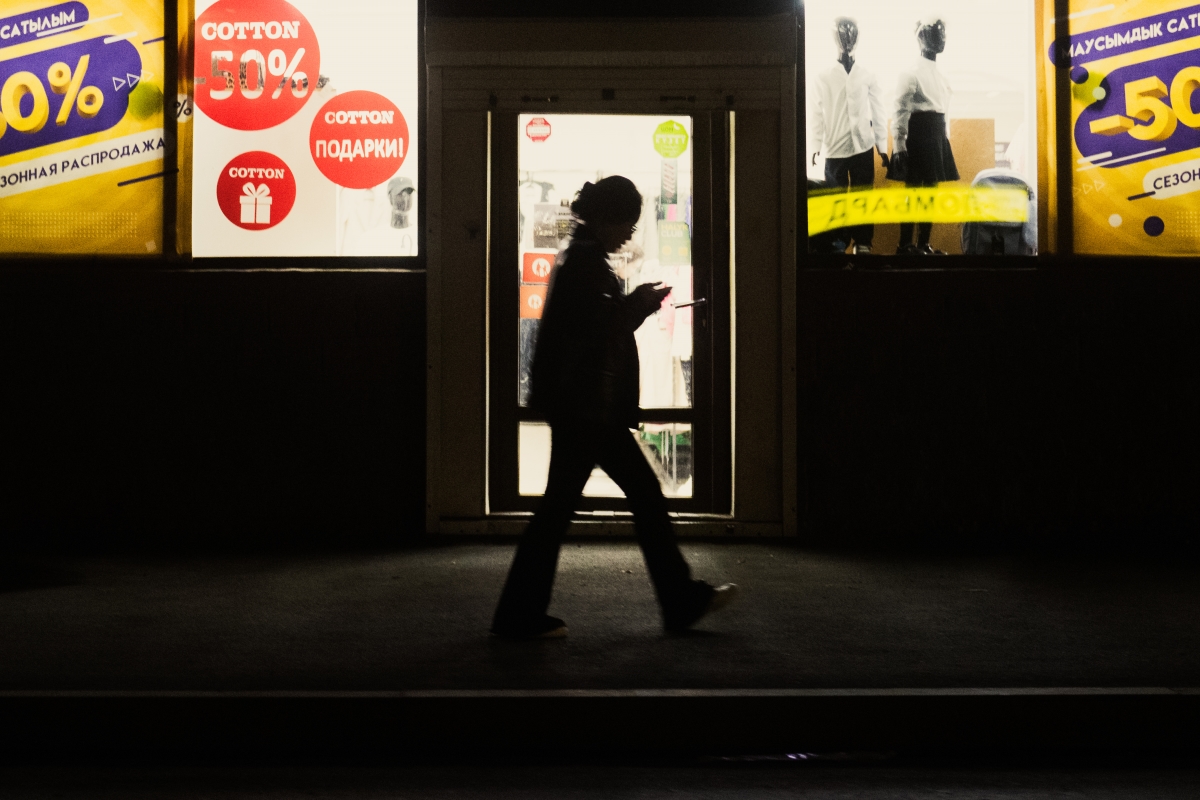
Almost trafficked
We are so thankful that these girls weren’t trafficked by this woman. It is an ongoing battle as these traffickers are looking for children from vulnerable families- like this one.
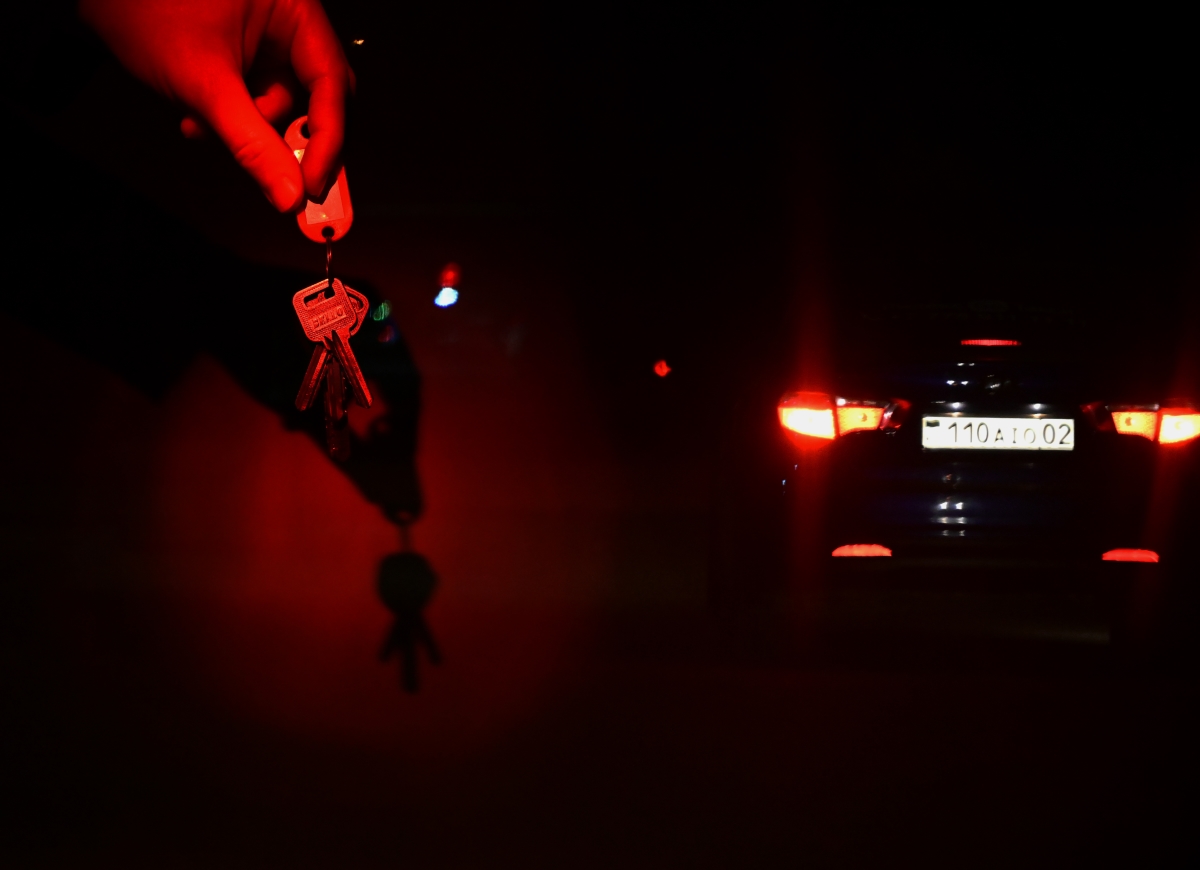
The Courage to Leave
In trafficking situations, women are often not able to get the medical attention they need, or they can’t afford to eat enough.
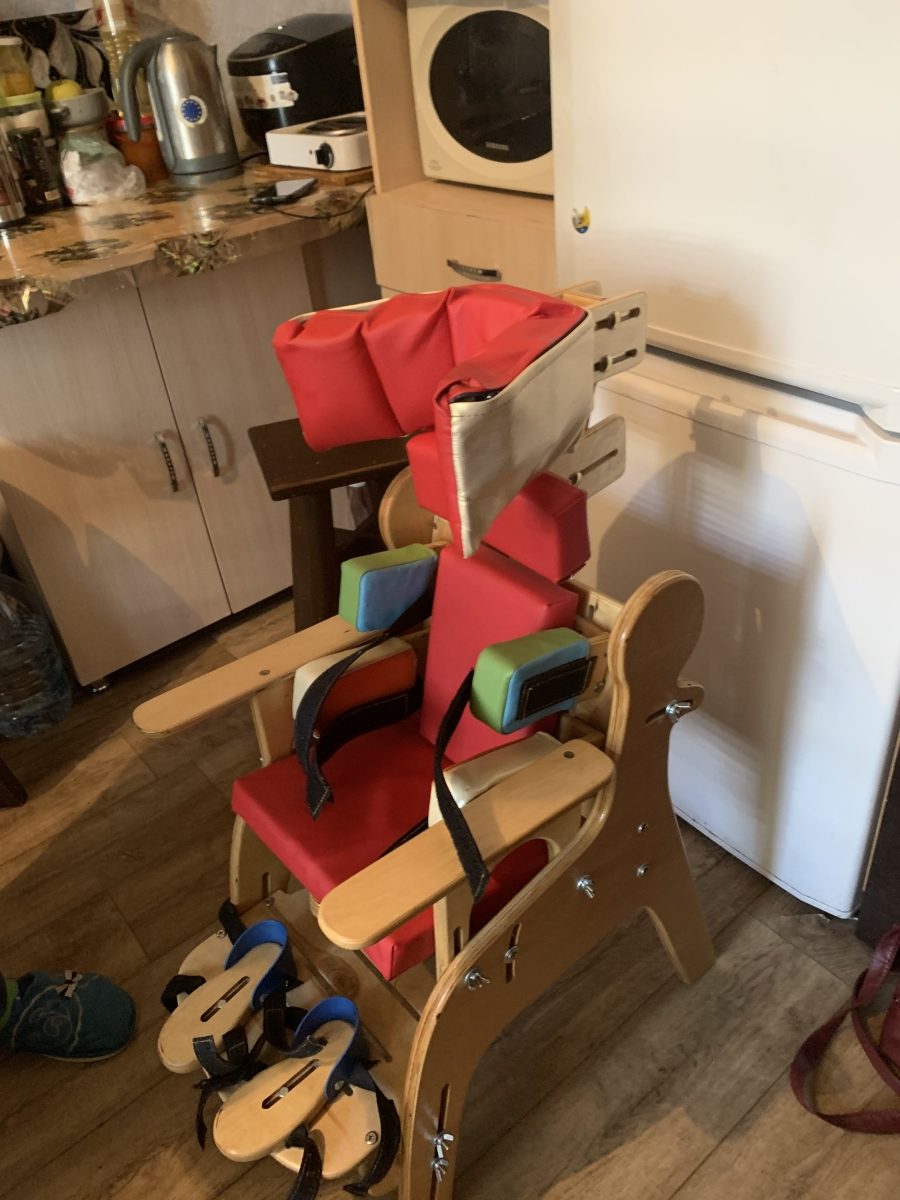
Partnership for Change
Both organizations continue to work in partnership with the mom and her son and we are seeing positive changes in their lives.
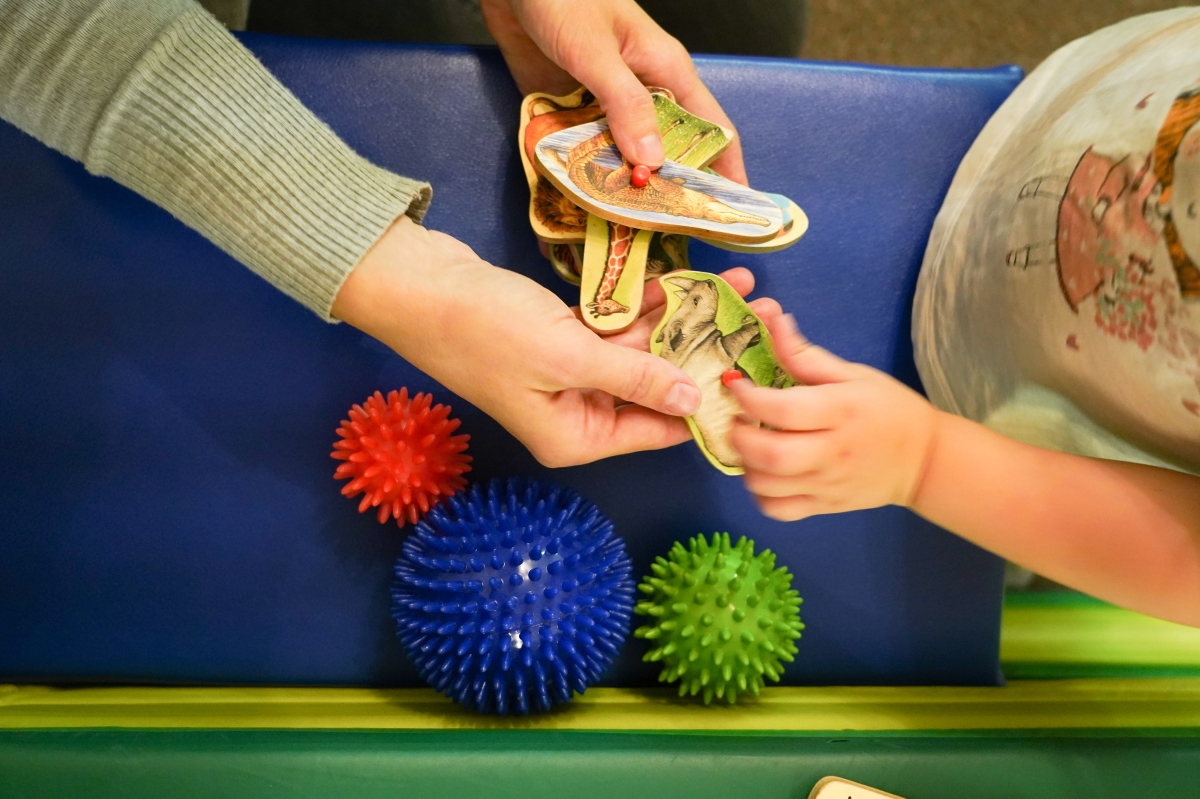
Professionalism Produces Results
Practical training like this empowers therapists to be more professional and to achieve better results in their treatment.
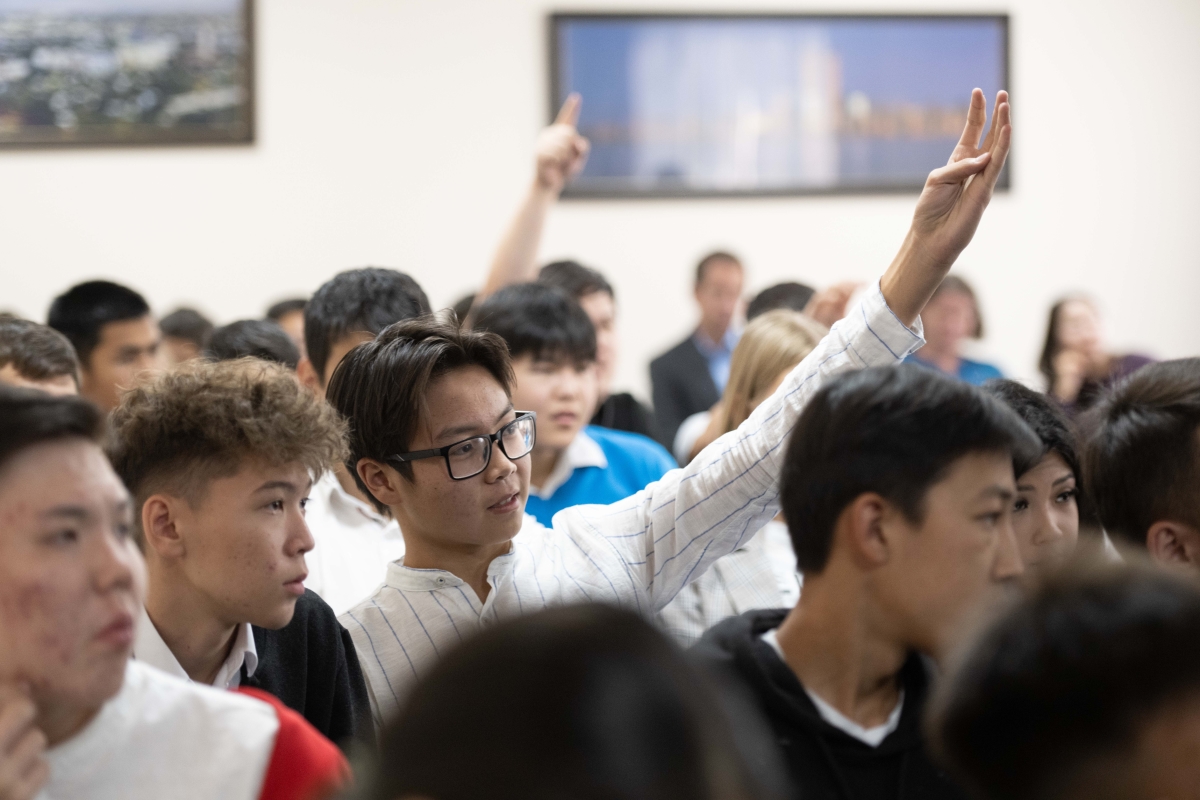
No One Talks to the Young Men
Another commented that no one talks to the young men about sexual education, and this was enlightening for them.
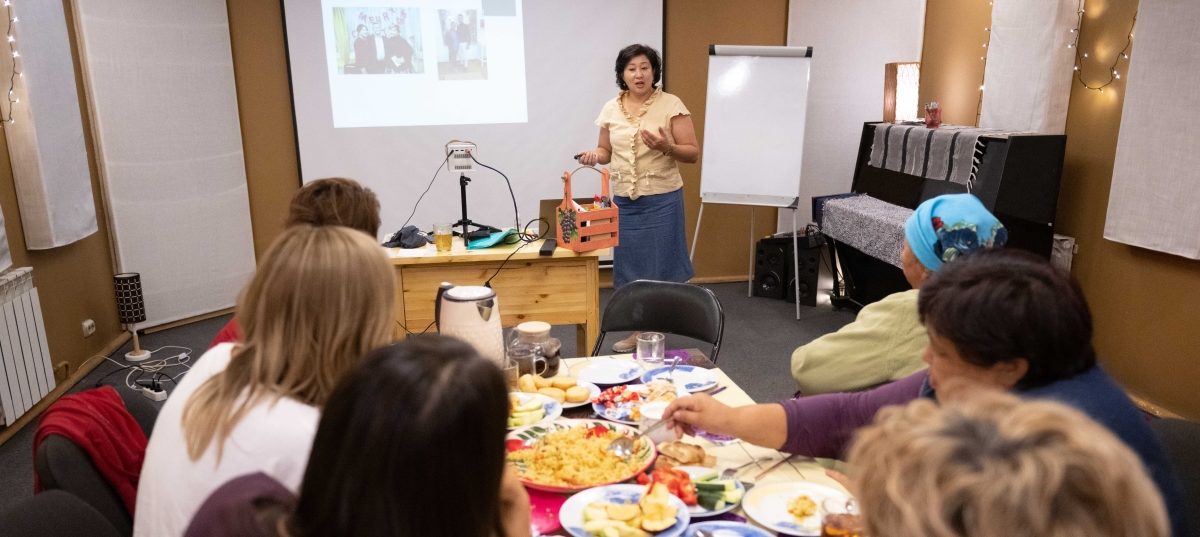
Tools For Peacemaking
The women in this group are empowering one another to be peacemakers within their families and communities through sharing their stories and affirming positive change.
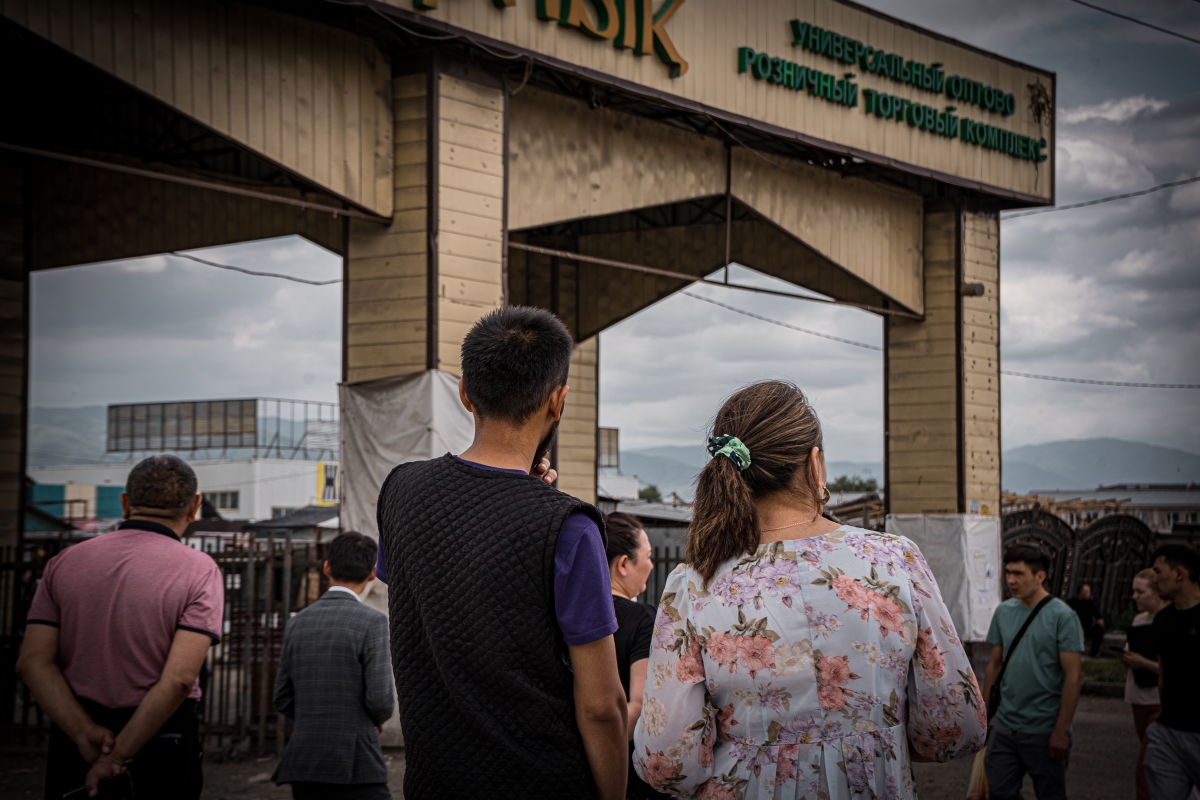
New Women
We were amazed by the administrator’s care and her wanting to protect our team.
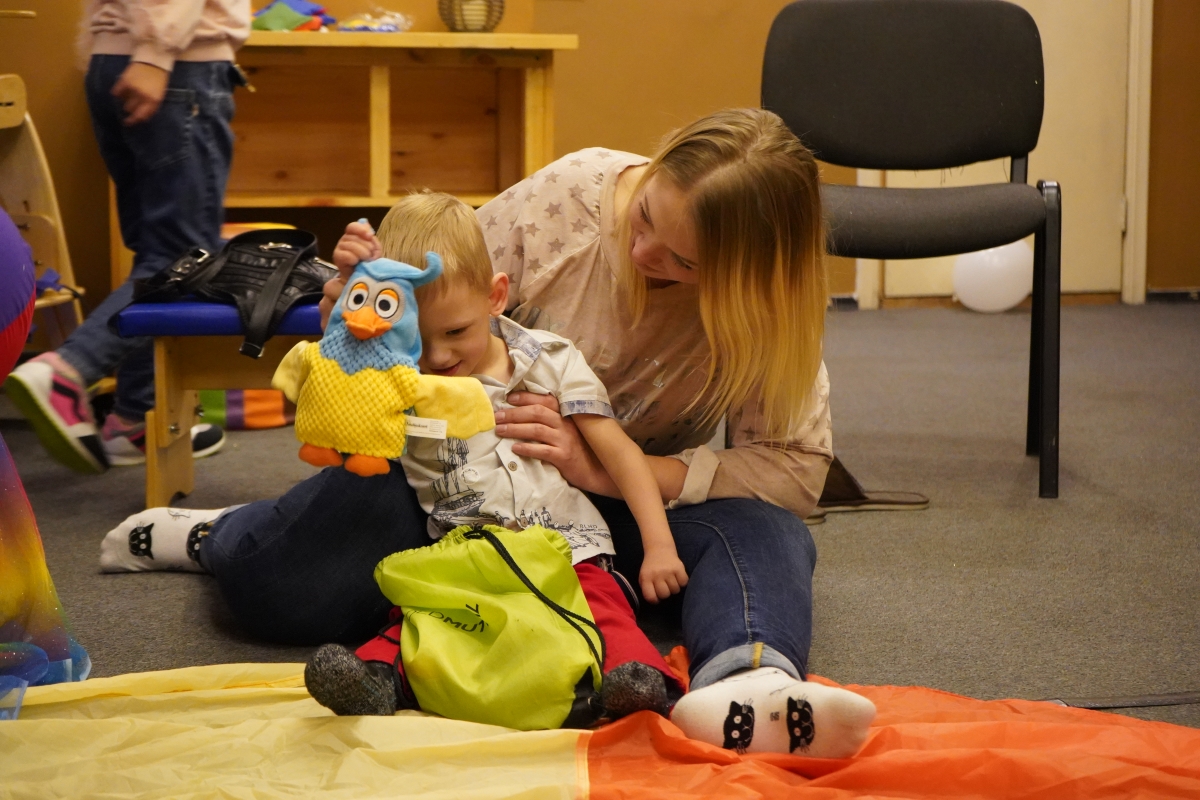
Now He Sits Like a King!
Positioning and proper support for children with cerebral palsy is crucial to their development and also to interacting and engaging with their environment.
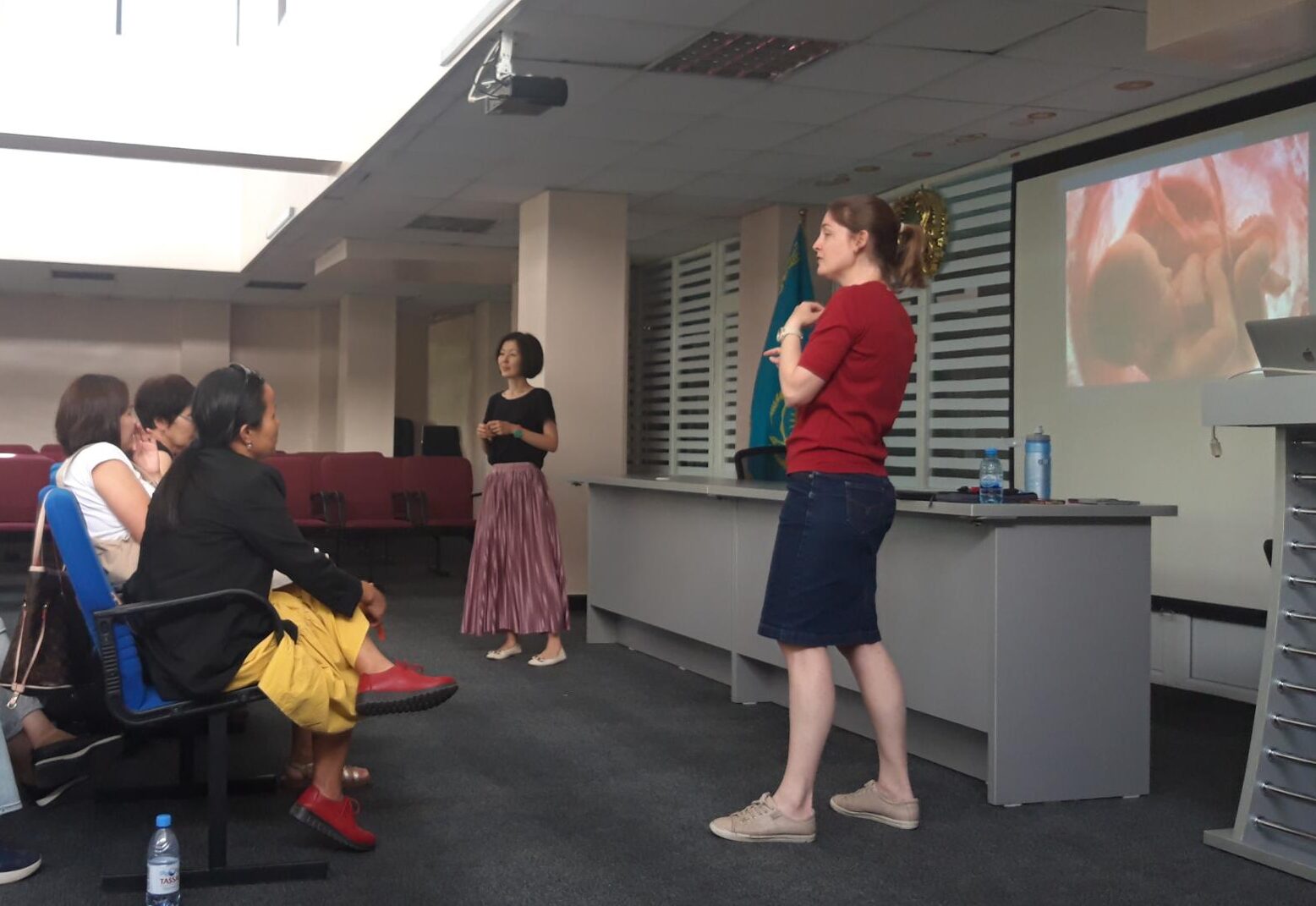
Training for Local Health Care Professionals
Kangaroo care and skin to skin contact between mother and newborn baby – these are vital practices unheard of in the local Kazakh neonatology hospitals.
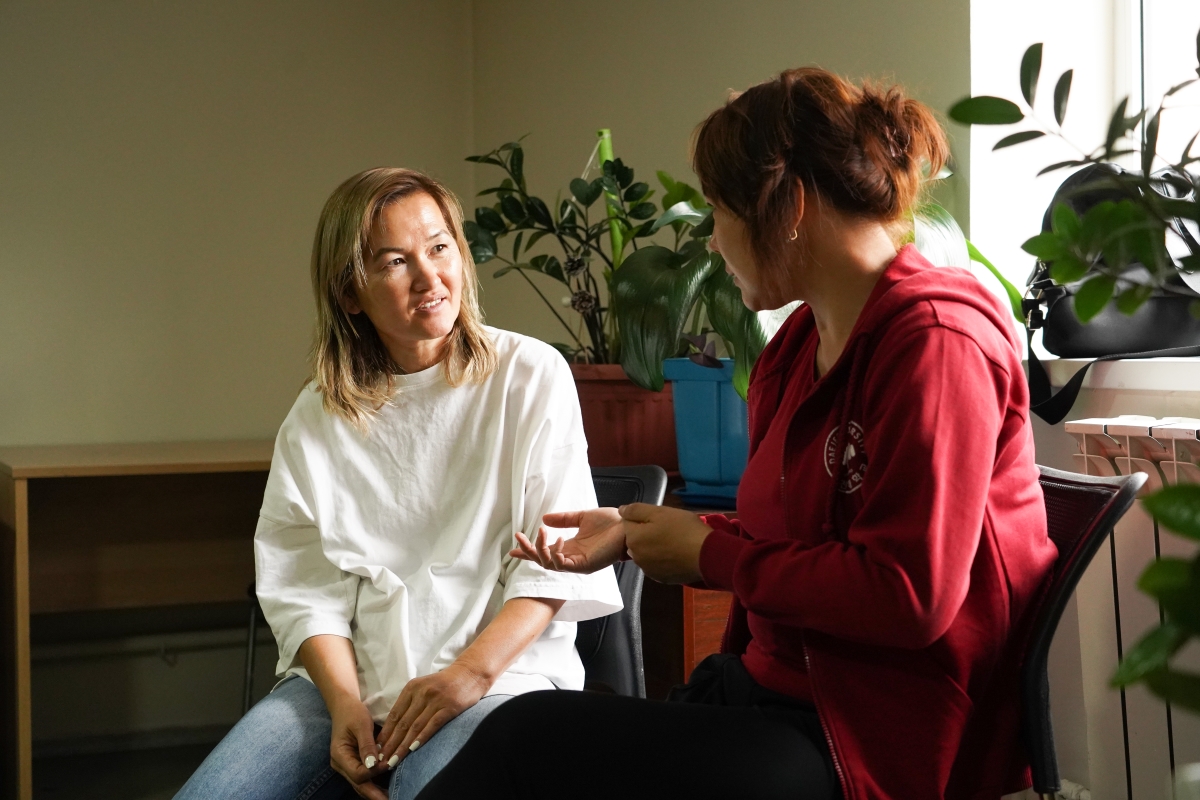
Women in Kazakhstan are Finding Their Voice
“After participating in some lessons, the women start to change their life with each other and they’re encouraging each other.”
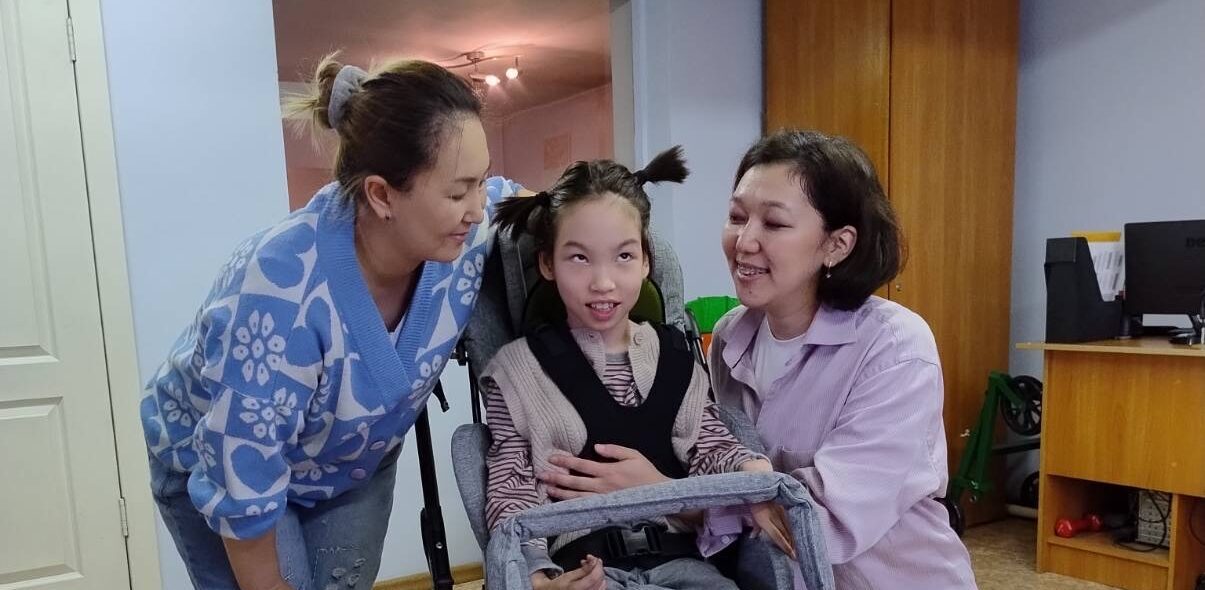
Empowering Mothers
“It is so important that you know your rights!”
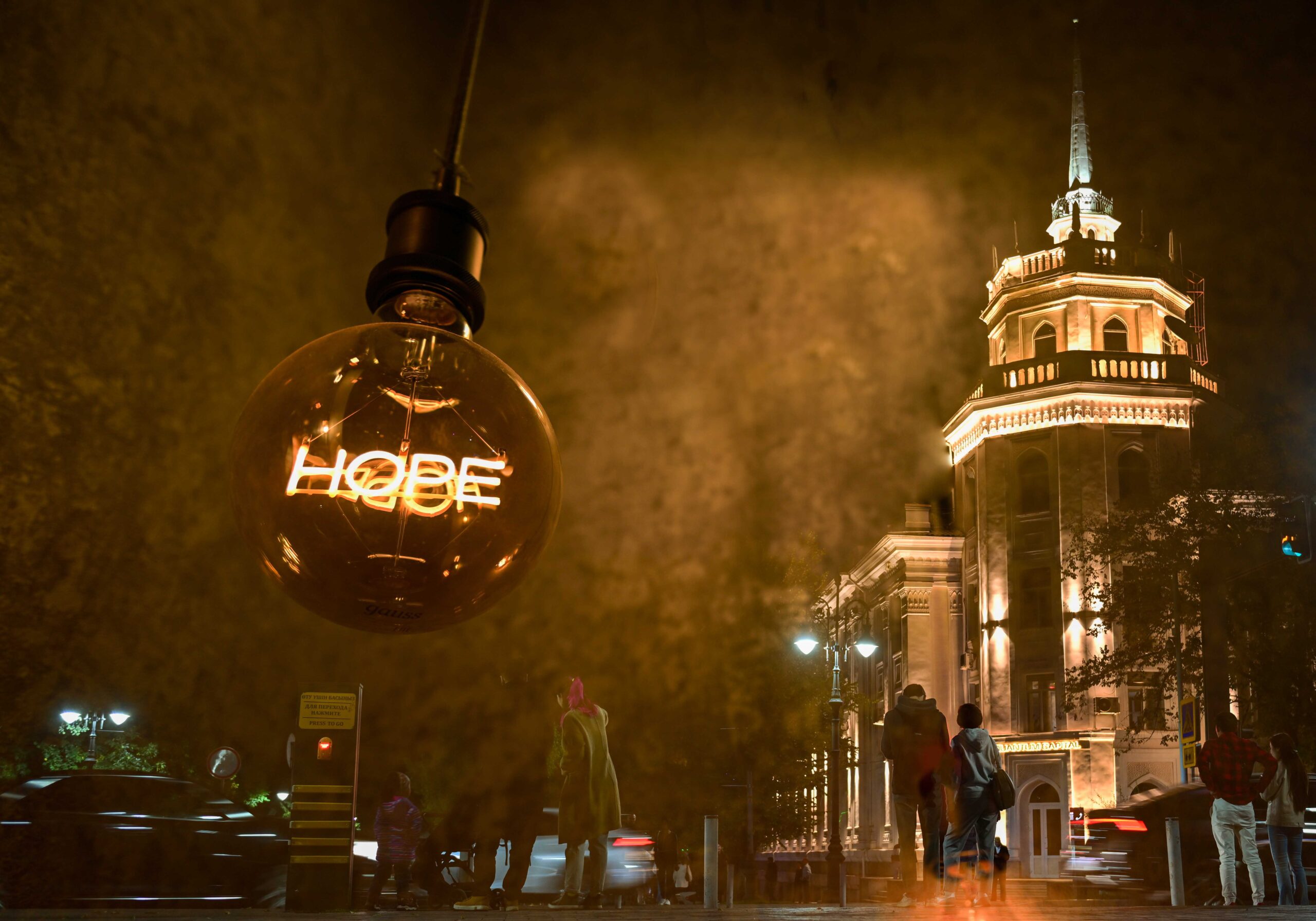
Realities of Trafficking
Our weekly visit to a brothel to bring hope and compassion to the women working there. Our visit was marked by both tragedy and moments of connection,
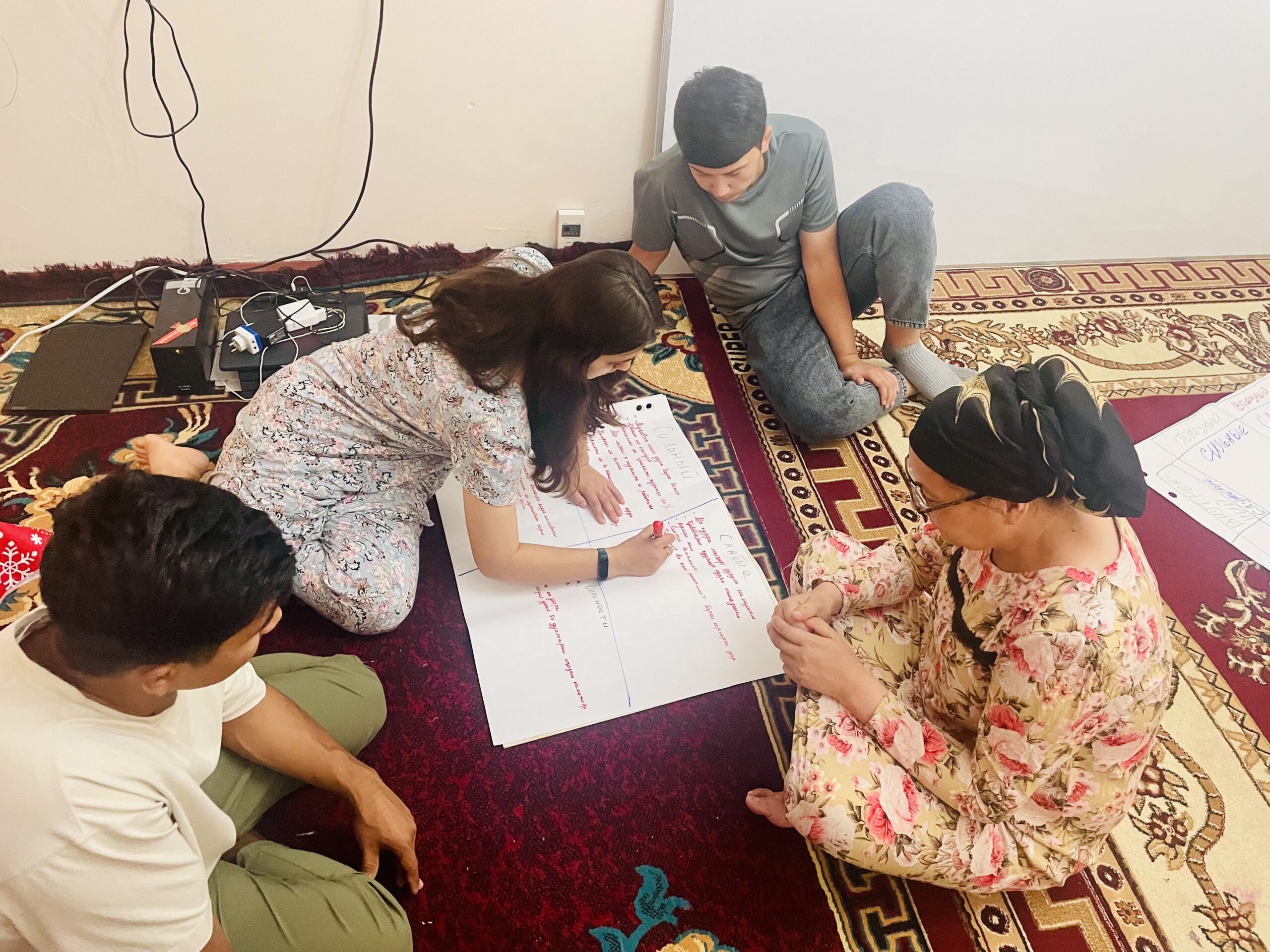
A Beacon of Hope and Empowerment
Malika is a young woman from Tajikistan, is a poignant reflection of the challenges faced by many women in her community. Growing up in a traditional society,
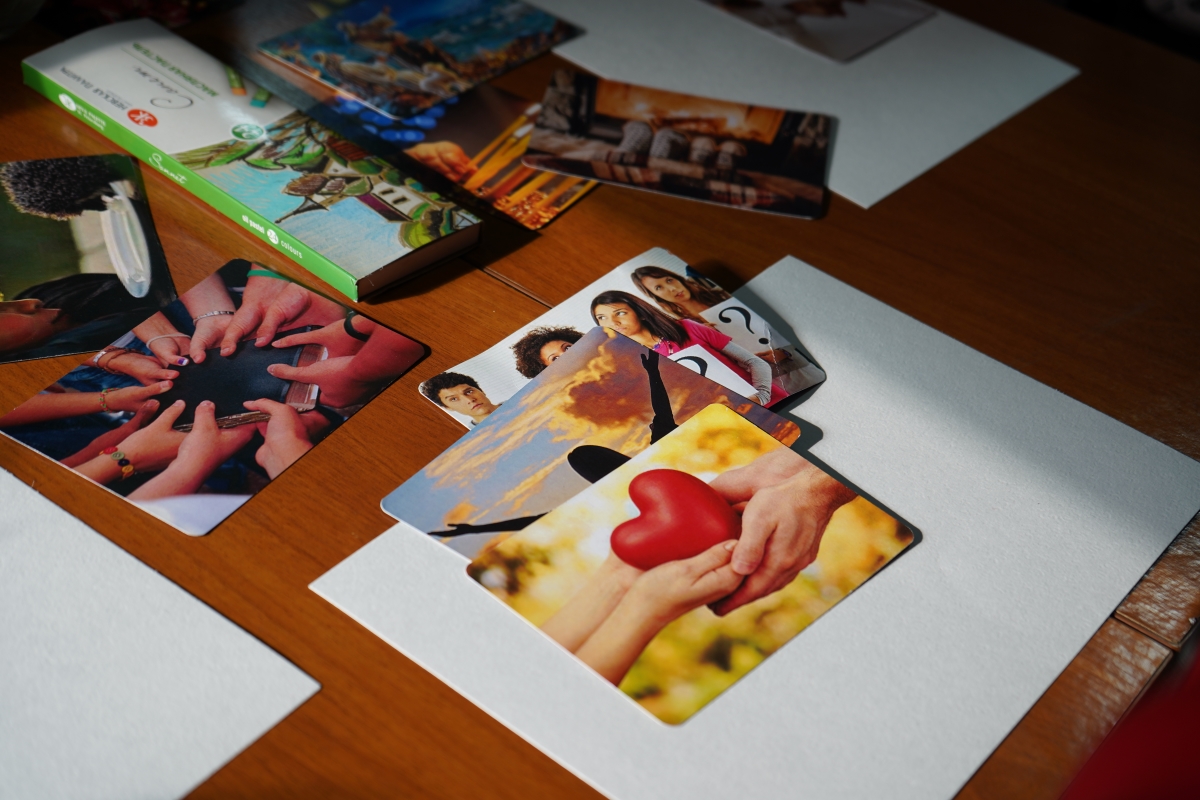
The Joy of Restoration
Her sister was stunned that Rosa, herself, was willing to assume the shame.
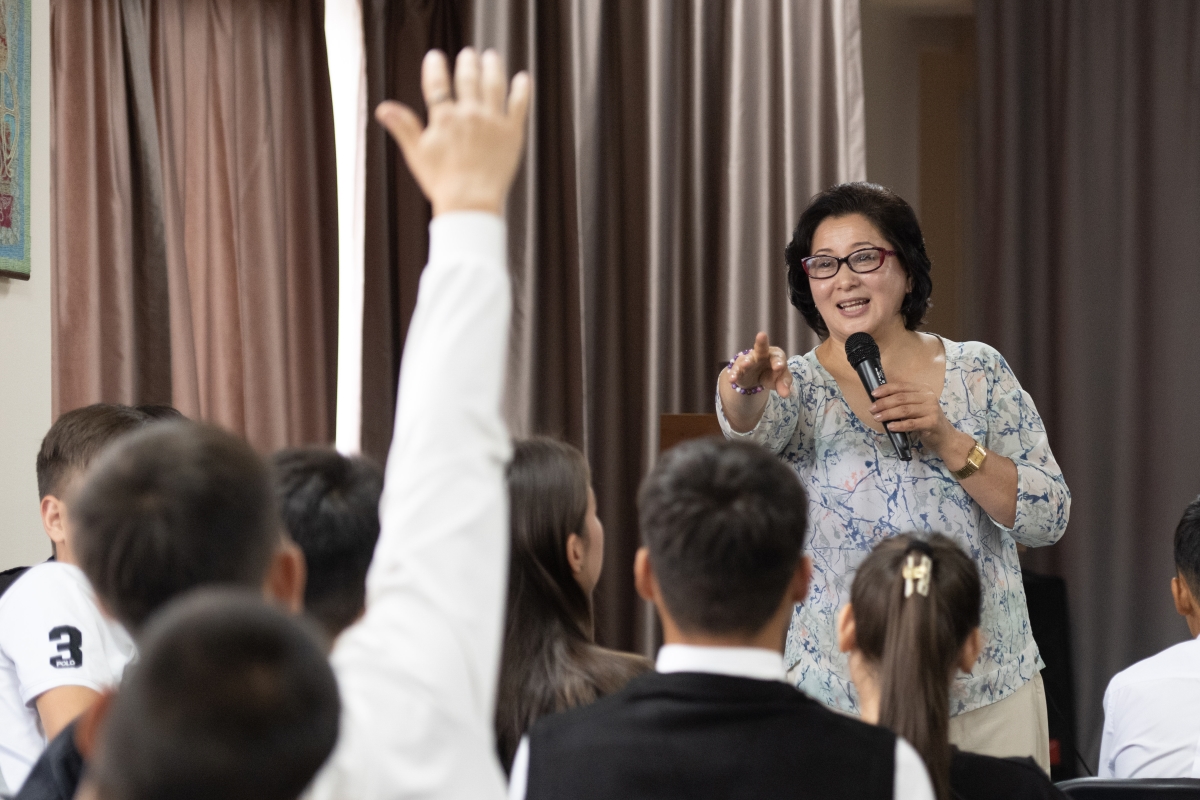
Equipping the Next Generation
Working in partnership with local education institutions, more than 2,000 students go through various parts of the life skills program each year.
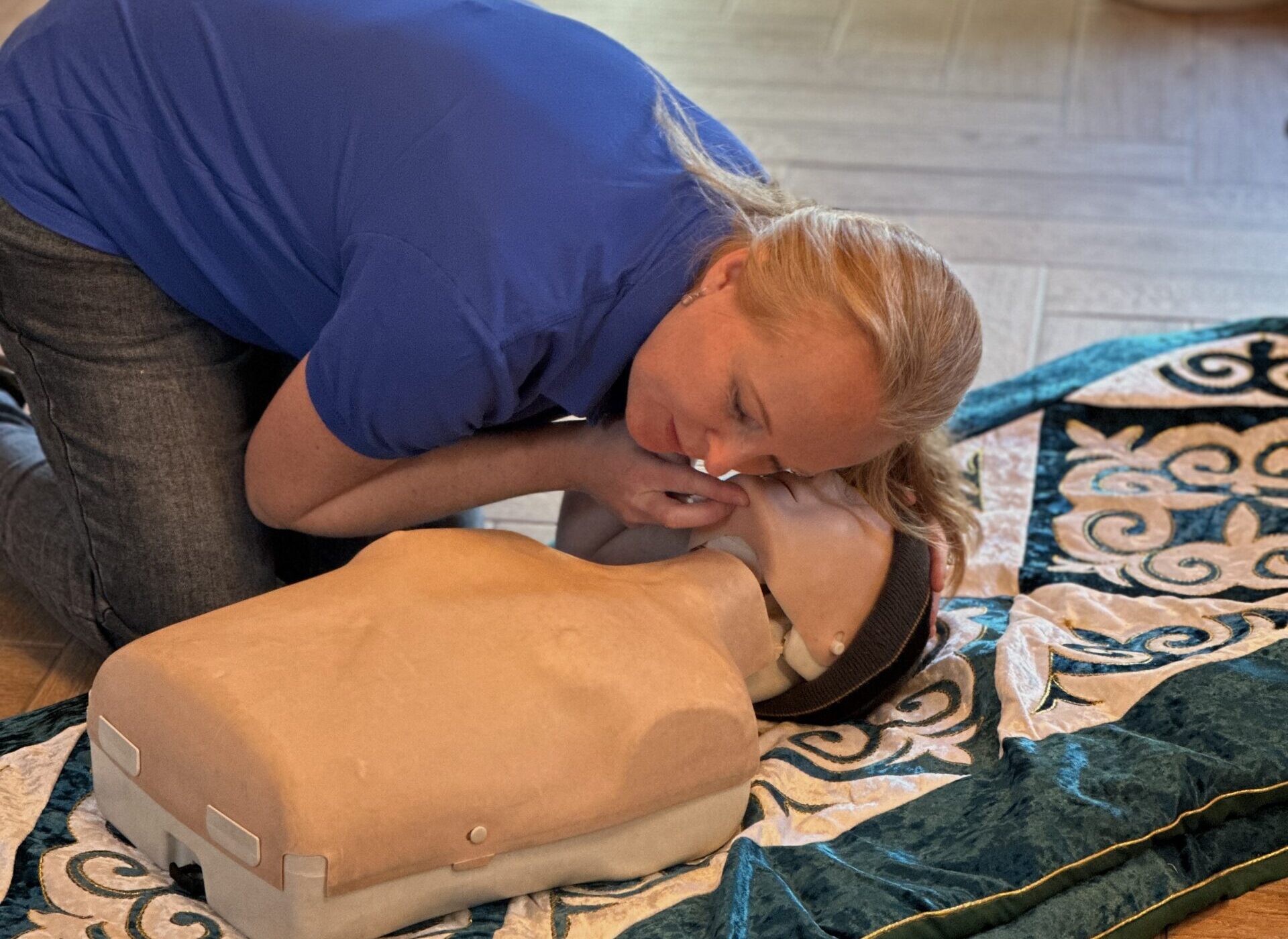
First Aid Training Programme
After living in Central Asia for a year and engaging closely with the local community, I noticed a significant gap in health knowledge. Many people would quickly panic in medical situations simply because they did not know how to respond.
